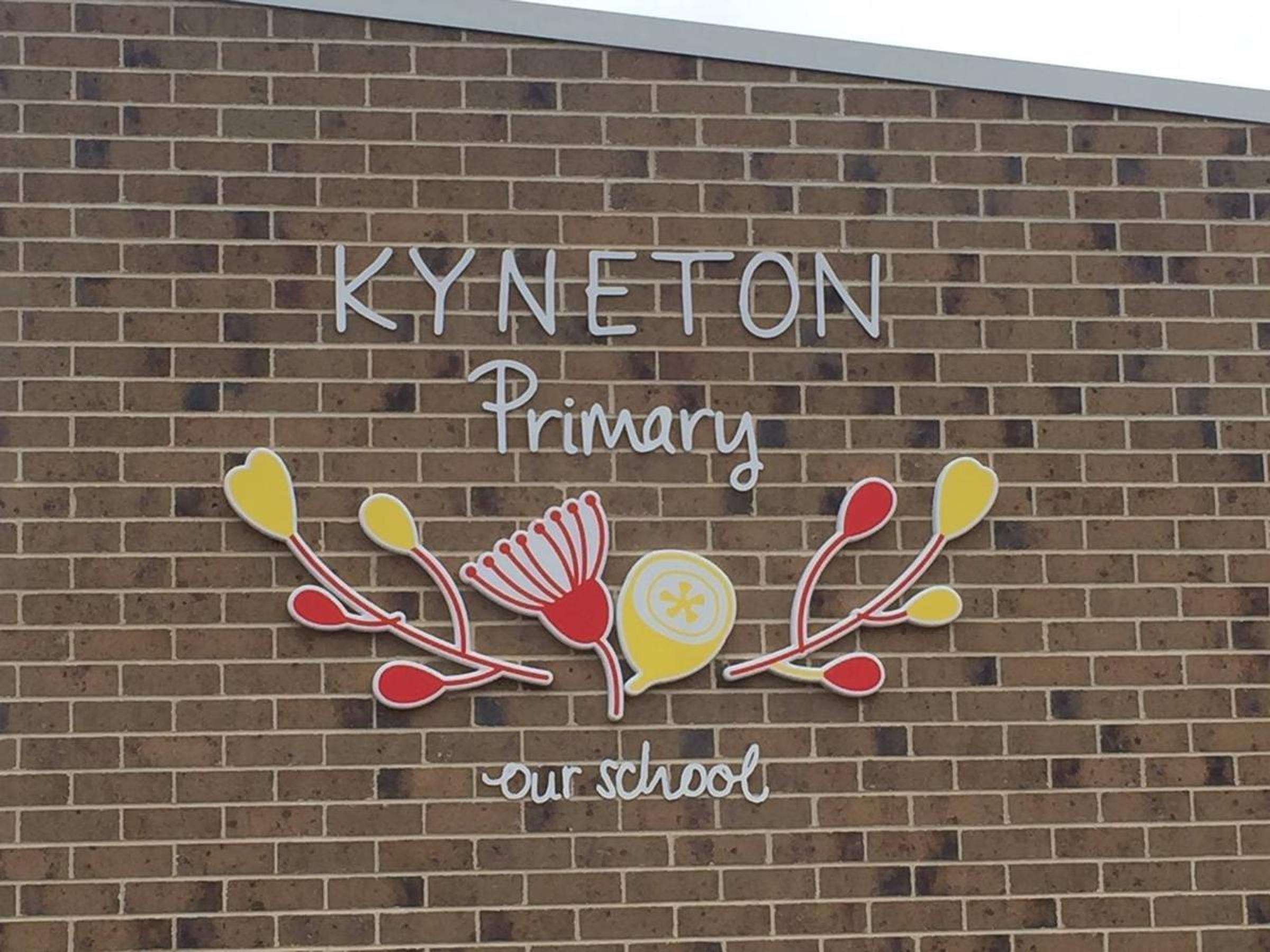Principal's Message to the School Community

Dear KPS Families,
Resilience, Rights and Respectful Relationships
Kyneton Primary School is a proud Respectful Relationships Lead school in the Macedon Ranges Network of schools.
Respectful relationships education is part of the Victorian Curriculum and delivered by all Victorian government schools. It supports students to develop the knowledge, attitudes and skills needed for respectful relationships, and helps to build respect and equality across the entire school community.
Research tells us that providing respectful relationships education at school can lead to positive impacts on students’ academic outcomes, their mental health, classroom behaviour and relationships.
Our school uses the Department of Education’s evidence-based teaching and learning resources to teach our students about Respectful Relationships from Foundation to Grade 6.
The Resilience, Rights and Respectful Relationships resources have 8 topics that teach students about emotional literacy, personal and cultural strengths, resilience, problem-solving, stress-management, help-seeking, gender norms and stereotypes and positive gender relations.
If you have any questions about Respectful Relationships education, you can contact your child’s classroom teacher or Michelle Thompson and visit the Victorian Government’s Respectful Relationships page: https://www.vic.gov.au/respectful-relationships
Topic summaries F-10
Topic 1: Emotional Literacy helps students to learn how to be aware of, understand and use information about their own emotions and the emotions of others.
Topic 2: Personal and Cultural Strengths helps students to learn how to recognise and understand their own and others’ strengths and positive qualities, and how to identify how the values and strengths they learn from their family and culture help them to treat others with respect.
Topic 3: Positive Coping supports students to develop language around coping, reflect on their coping strategies and build a range of positive coping strategies.
Topic 4: Problem-solving helps students to learn a range of problem-solving techniques to manage personal, social and ethical dilemmas.
Topic 5: Stress Management supports students to consider the causes of stress and develop a range of self-regulation and coping strategies they can draw on to manage stressful situations.
Topic 6: Help-seeking helps students to develop skills and knowledge for peer support, peer referral and help-seeking.
Topic 7: Gender norms and stereotypes helps students consider the influence of gender norms on attitudes, opportunities and behaviour, and to learn about gender equality, inclusion, human rights and the importance of relationships that respect people of all genders.
Topic 8 Positive gender relationships helps students develop an age-appropriate understanding of gender-based violence, safe and unsafe behaviours and consent. Students also develop self-care, peer support and help-seeking skills they can use in response to situations involving gender-based violence.
Alistair Rayner
Principal
